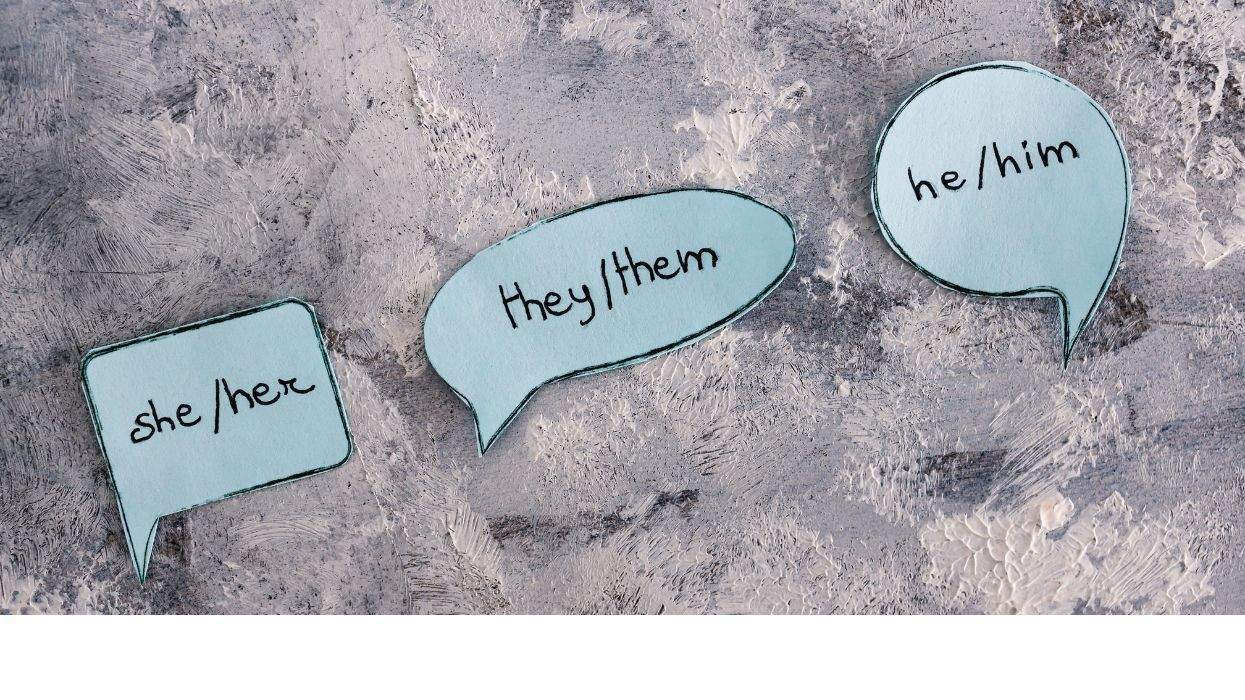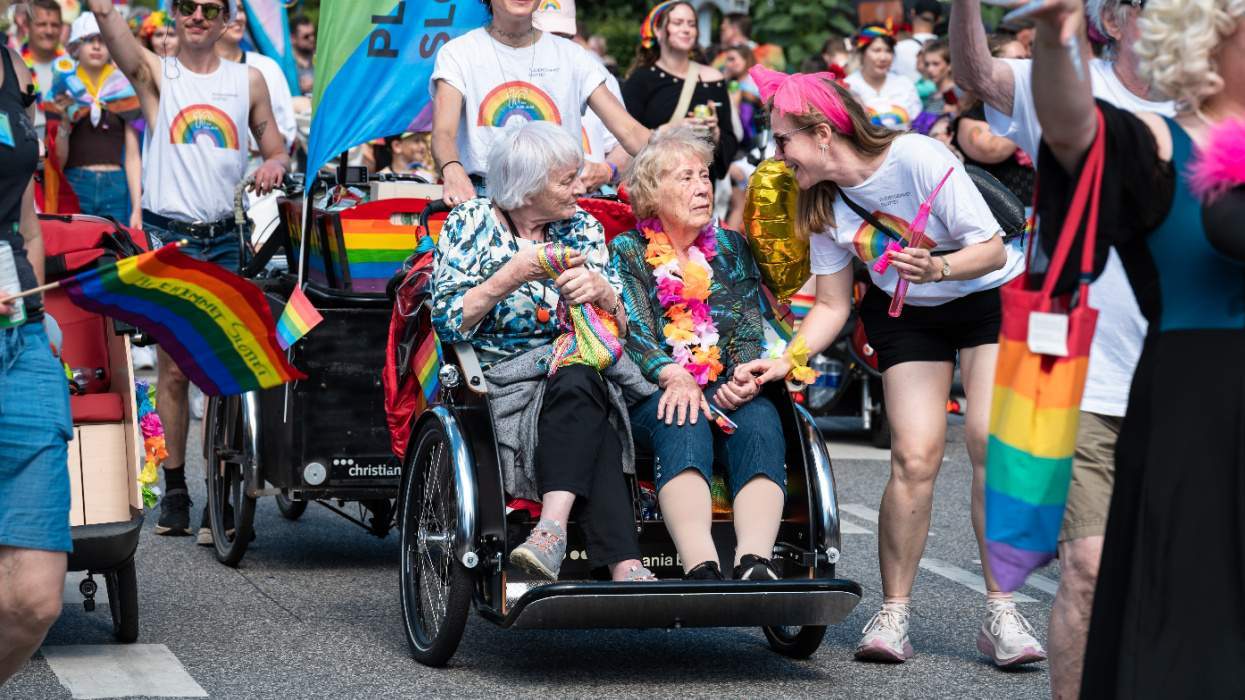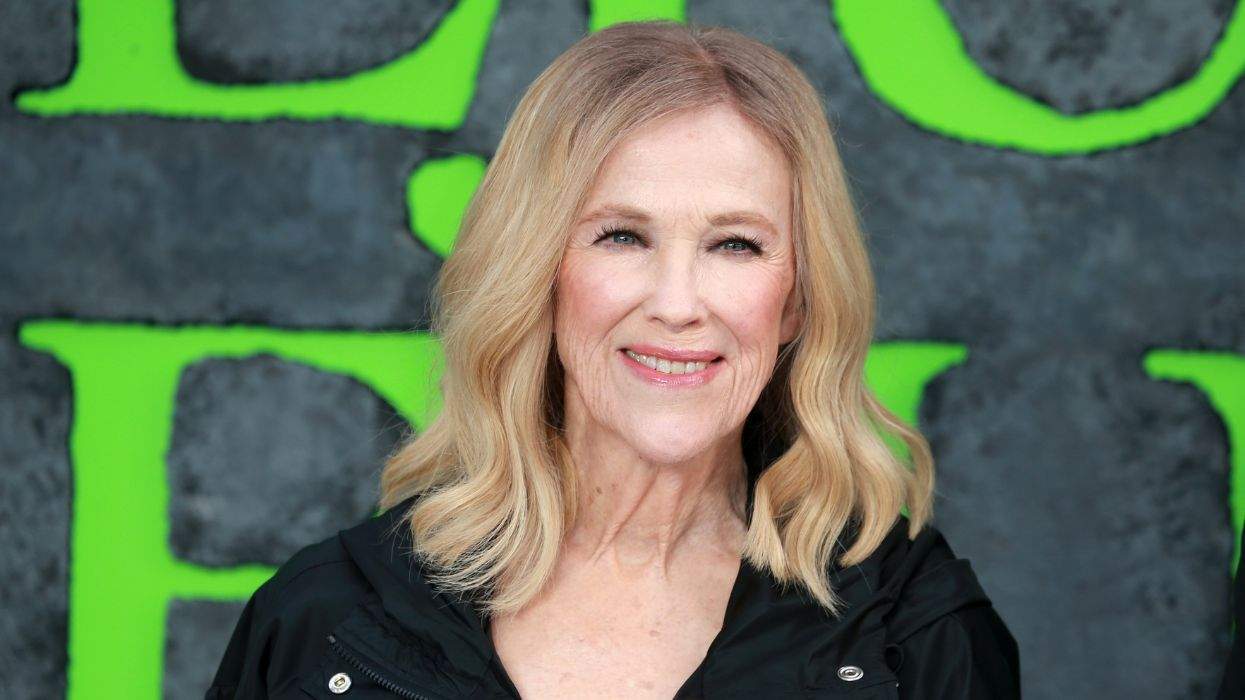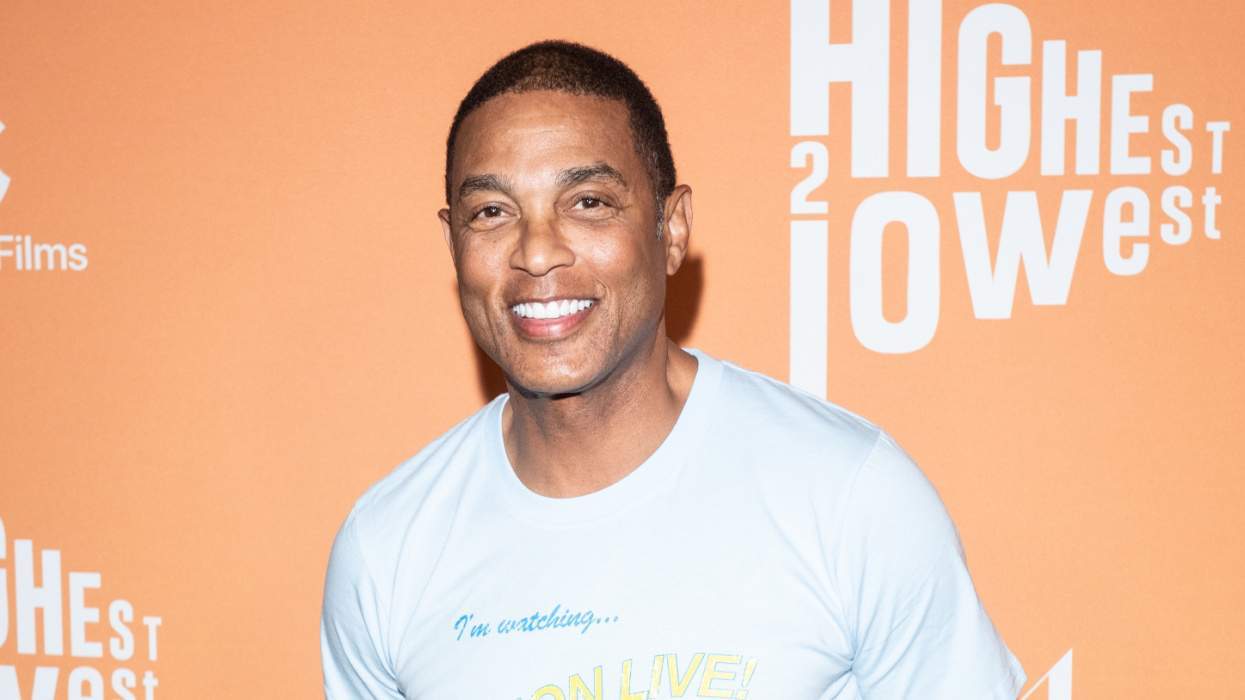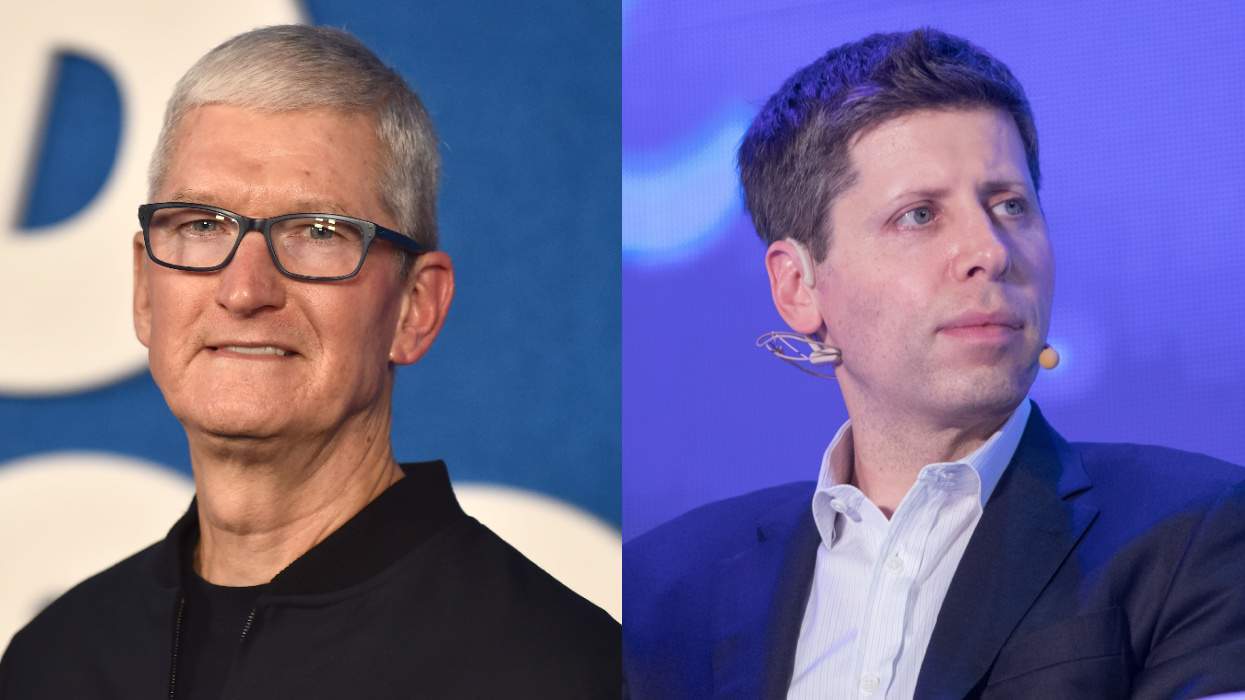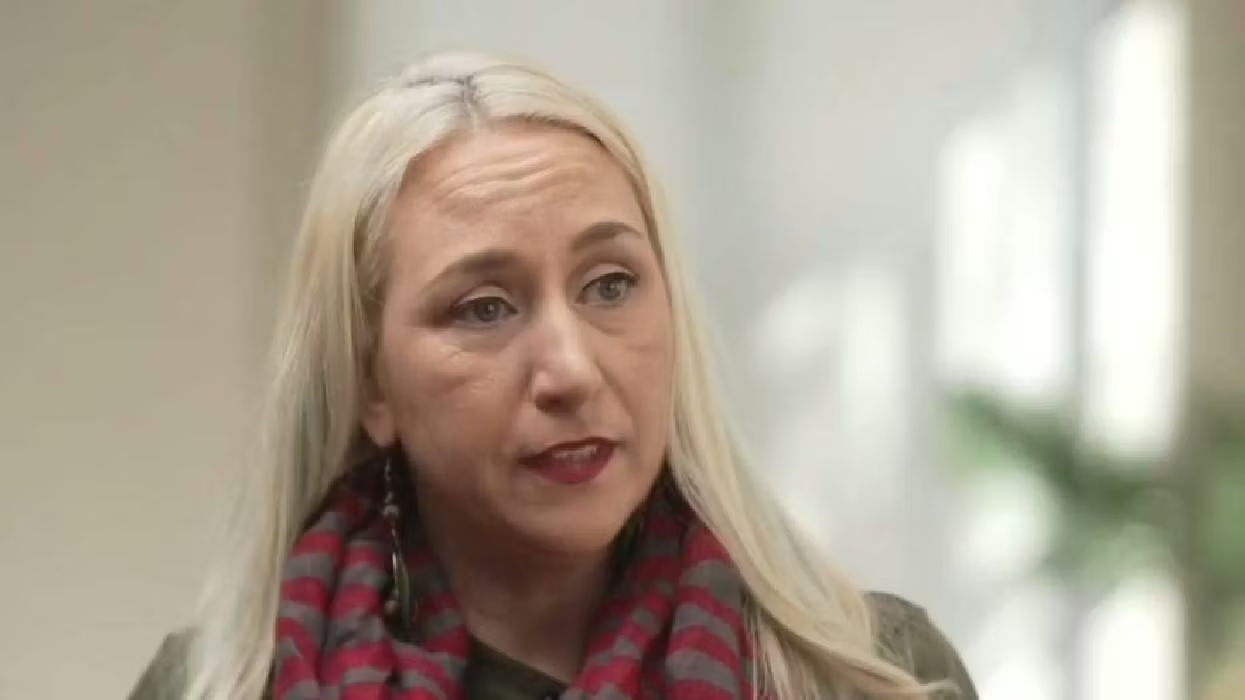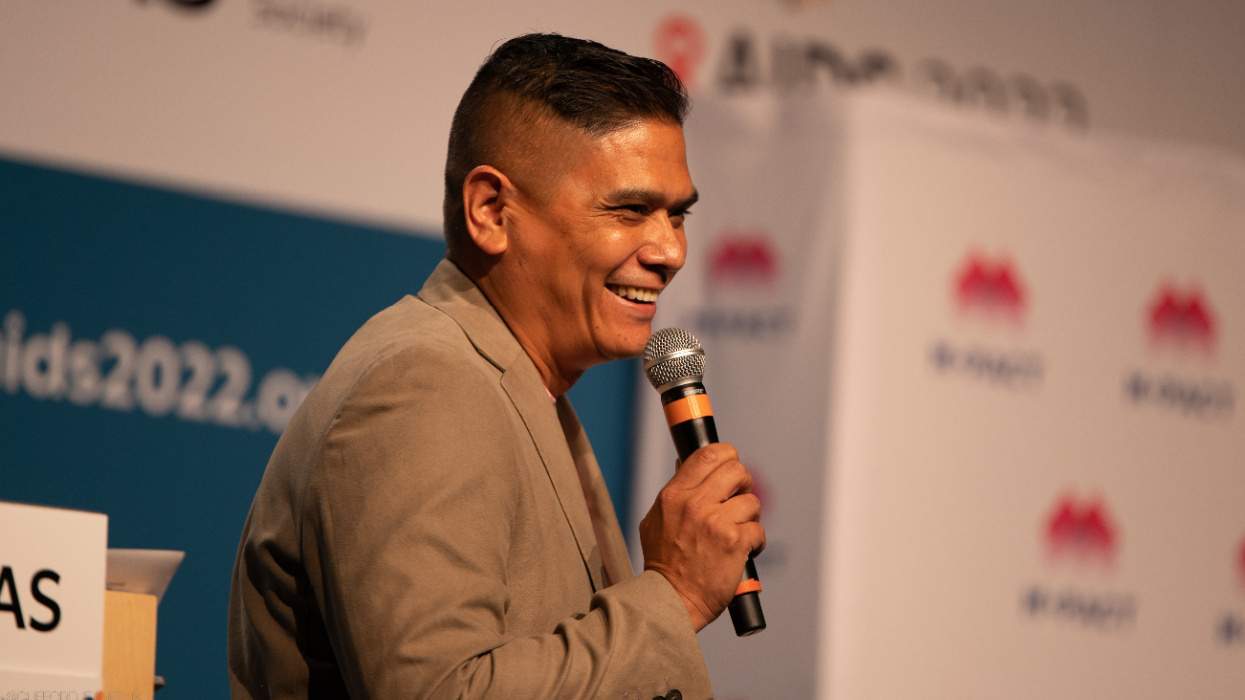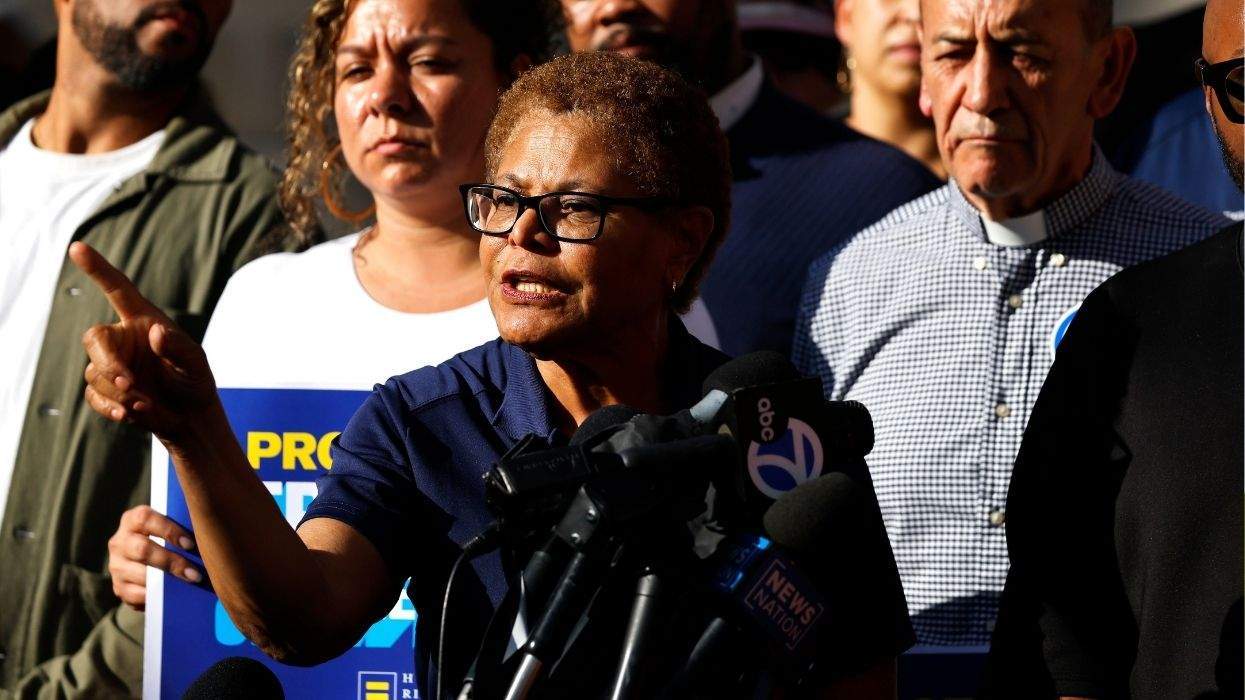Lee Pace was not exactly pleased to discuss his sexual orientation.
The Pushing Daisies star, promoting his upcoming Broadway role in Angels in America to W Magazine, said it was important for gay actors to play gay parts. However, he was "a bit flustered and surprised" when asked about how he would label himself, W reports.
"I've dated men. I've dated women," the 38-year-old actor said. "I don't know why anyone would care. I'm an actor and I play roles. To be honest, I don't know what to say -- I find your question intrusive."
Pace will portray Joe Pitt in the acclaimed Tony Kushner play about the AIDS crisis, in its first Broadway revival; it debuted 25 years ago. Russell Tovey played Pitt in last year's London staging at the National Theatre in London, which also stared Nathan Lane and Andrew Garfield.
During the 2017 production, Garfield, who is straight, caused controversy when he identified as gay but "just without the physical act," citing a love of RuPaul's Drag Race as evidence.
Pace, who previously played queer roles in a 2011 revival of Larry Kramer's The Normal Heart, the TV series Halt and Catch Fire, and Showtime's Soldier's Girl, commented to W on how gay identity has changed since the AIDS crisis.
"Our understanding of what it means to be gay [today] is just so different," Pace said. "It's culturally different. It's just so much further down the road. It's an interesting thing for me to think about in this moment while working on this play."
Ian McKellen was accused of "outing" Pace in 2011, when he casually listed costars of The Hobbit: An Unexpected Journey whom he believed to be openly gay to the German website Brash.de. Among them were Pace and Luke Evans, who came out to The Advocate in 2010 but has been less forthcoming about his sexuality since starring in blockbuster films like Beauty and the Beast.
Generally, media outlets will not report on an LGBT person's identity until they have discussed it publicly. Such a move, called "outing," is considered unethical, even if the person is open about their personal life to friends, family, and castmates.
However, journalist Michelangelo Signorile -- who literally wrote the book on outing, Queer in America -- outlined exceptions to this rule in a previous article for The Advocate. If a person is a public figure and the information is relevant, it is permissible to report on a person's LGBT identity, he wrote. In fact, Signorile believes that the if media employs innuendo or omission, it is complicit in promoting homophobia.
Queer people can also be complicit in promoting stigma regarding LGBT identity. By calling a relevant question about his identity "intrusive," for example, Pace is conjuring an old Hollywood narrative that queer actors have a special right to "privacy" that is not afforded to their straight counterparts. In fact, such an argument is code for something darker.
"The impulse not to 'go there' when talking about closeted public figures is not about respecting privacy," Signorile said. "It's about the mainstream media's discomfort, and, ultimately, homophobia, whether conscious or not, [as they are acting like] it's just the most horrible thing and wrong to talk about someone as gay."

